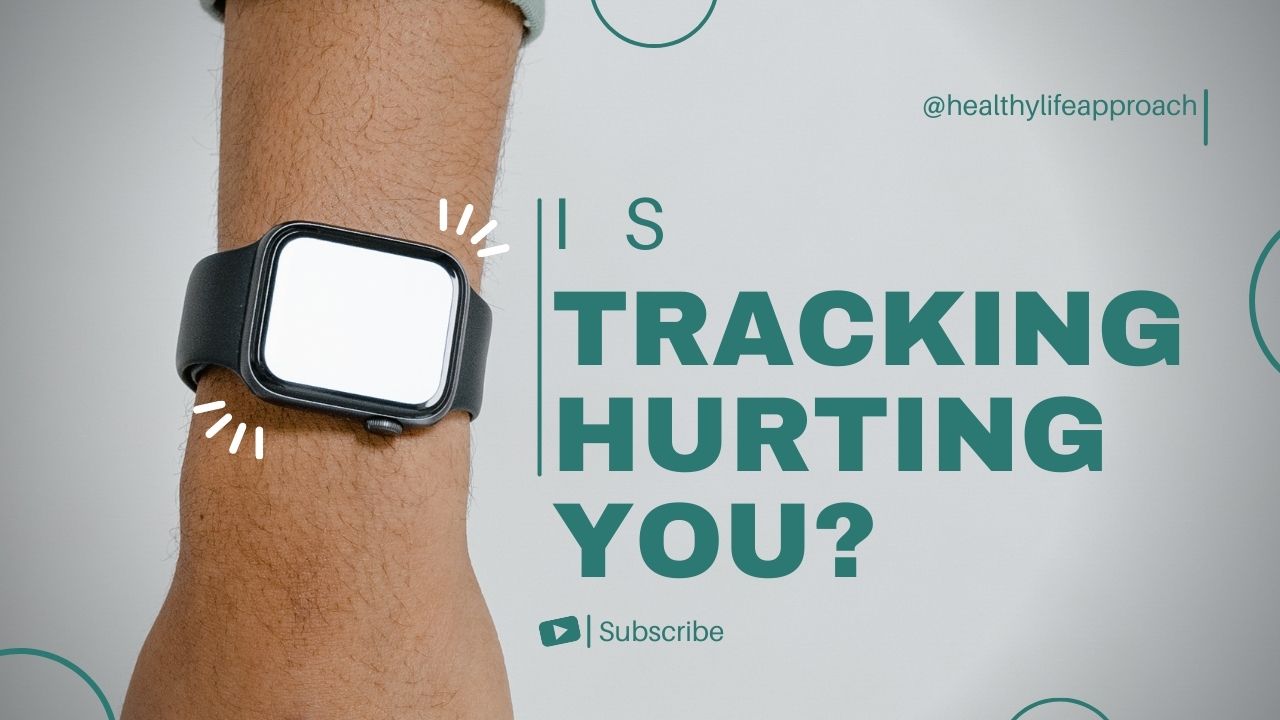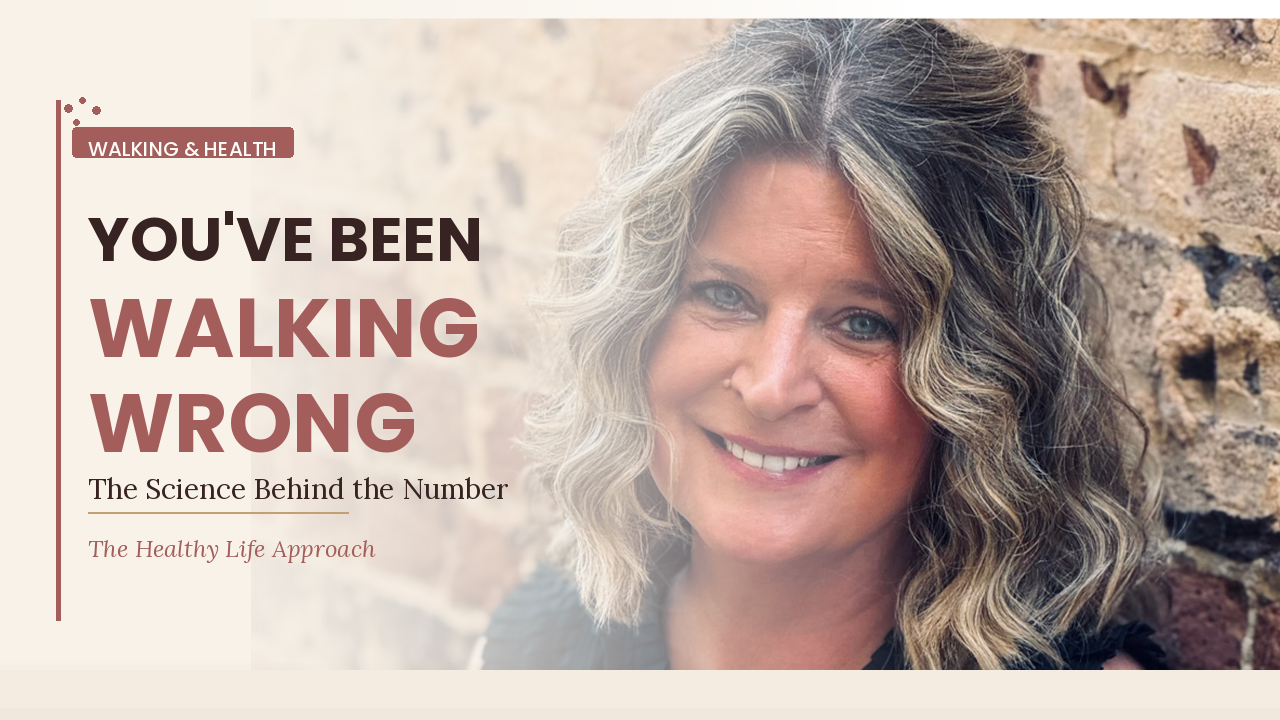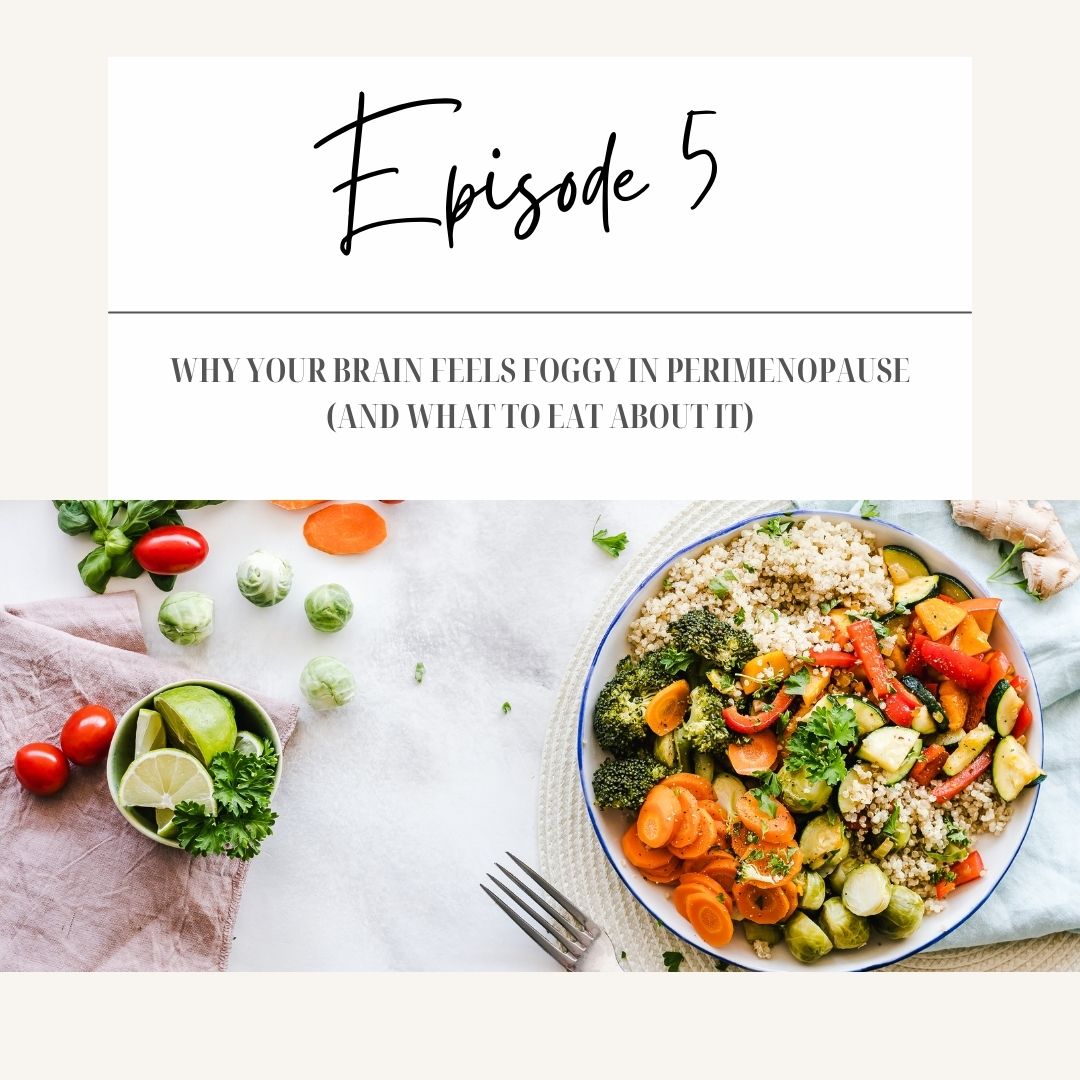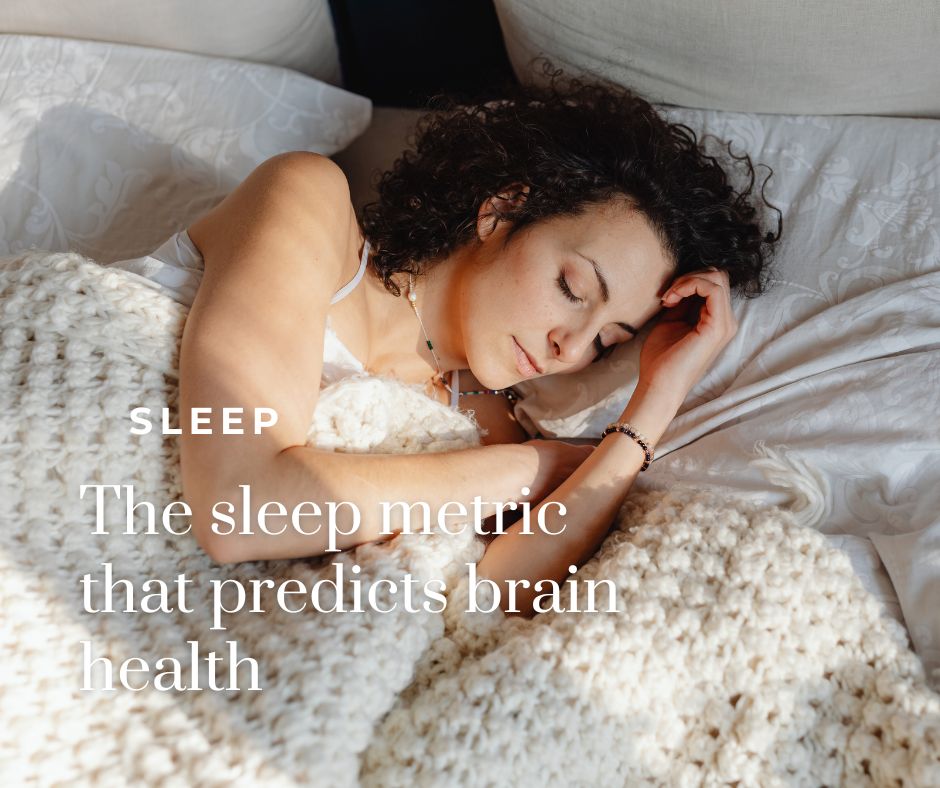
By: Kristen J. Beasley
For over 22 years, I was inseparable from my cup of coffee. Day in, day out, it was my energy fix, my morning ritual, and, admittedly, my crutch. But everything changed on January 6, 2019—I gave up coffee altogether. And while it wasn’t easy, the surprising health benefits made it worth it.
Here’s my story, the science, and tips to help you decide if kicking caffeine could work for you.
Caffeine, Coffee, and Your Body
Caffeine plays a unique role in how our bodies function. It constricts blood vessels in the brain, which isn’t ideal if your goal is optimal blood flow for brain health. It’s also a diuretic, which can leave you dehydrated—something our brains, made up of 80% water, definitely don’t appreciate!
Yet, coffee is known for its health perks. Studies show that it may help reduce the risk of Type 2 diabetes, lower cancer risks, and boost mood and memory. Some people find drinking coffee (no dairy and no sugar) raises their blood glucose levels via a continuous glucose monitor, like it did for me. Confusing, right? Caffeine can have both positive and negative impacts on brain health. Therefore, its impact varies based on genetics, development, and consumption habits.
How Genetics Impacts Caffeine Consumption
It turns out that how caffeine affects us depends mainly on our genetics. Researchers have identified a “caffeine gene” (CYP1A2) that influences how quickly your body metabolizes caffeine. Fast metabolizers can process caffeine efficiently, but for slow metabolizers, like me, caffeine can linger longer and lead to issues like insomnia, restlessness, or even hormonal imbalances.
The ADORA2A gene and other genetic variations are associated with increased anxiety and sleep disturbances due to caffeine consumption. The CYP1A2 and ADORA2A genes have been used to identify whether a person has a ‘high’ or ‘low’ sensitivity to caffeine. In the systematic review titled, Genetics of caffeine and brain-related outcomes – a systematic review of observational studies and randomized trials, the key takeaway included: Variations in the CYP1A2 and ADORA2A genes may influence the association between caffeine and brain-related outcomes, such as cognitive performance, anxiety, and sleep disturbance. Therefore, caffeine might be healthy for some people, while it impacts other people more negatively.
Why I Quit Caffeine
As someone passionate about brain health and a certified Brain Health Coach (and with the CYP1A2 gene that I discovered I had on my 3X4 genetics results), I decided to quit caffeine because I wanted to understand how it impacted my overall well-being—and my brain in particular. Inspired by Dr. Mark Hyman’s “10-Day Detox Diet,” I decided to make coffee my 21-day fasting focus during our church’s 21 days of prayer and fasting. My ultimate goal was to see if eliminating caffeine would improve my sleep, energy, and mental clarity.
The Withdrawal Struggle
If you’ve been drinking coffee for decades, like I had, cutting it out is no small feat. Despite my research suggesting a slow weaning-off approach, my four-day plan wasn’t enough.
Here’s what withdrawal looked like for me:
- Irritability: I was on edge constantly. Even the sound of my husband breathing felt annoying!
- Headaches: For four days, intense migraines hit every afternoon as my body protested.
- Brain Fog: It felt like my head was stuffed with cotton, making it hard to focus.
The Surprising Benefits
But on Day 5, everything changed. Suddenly, I started waking up feeling rested and alert without needing coffee to kickstart my day. My sleep improved, making me feel more energetic and productive throughout the day. And that persistent mid-afternoon slump? Gone.
Giving up caffeine became a game-changer for my brain and overall health. I wish I could tell you I never returned to coffee, but I did. However, I tend to cycle through it and drink a brand from Four Sigmatics called Half Caf, so I’m not consuming as much. I alternate it with their Decaf coffee, so I never become dependent on caffeine again. I also like Danger Coffee and will do one scoop of caffeinated and one scoop of their Decaf.
How to Wean Off Caffeine
If you’re ready to reduce or eliminate caffeine, here’s how to do it smoothly (be sure to consult with your licensed healthcare practitioner on a plan tailored to you):
- Slowly Taper Down: Mix coffee with decaf in gradually decreasing ratios over 1–2 weeks, or try the Four Sigmatic brand called Half Caf.
- Drink Plenty of Water: Stay hydrated to counteract caffeine withdrawal and support your brain.
- Add Herbal Alternatives: Switch to herbal teas like chamomile or peppermint for a warm cup without the buzz. I also enjoy Brodo bone broth, which is good for your gut health and gives you something warm to sip, like coffee. It was more the routine of sipping something warm than the coffee itself that kept me wanting to keep drinking. I made these replacements and transitioned much more easily.
- Rest During Transition: Allow your body extra rest as it adjusts to life without caffeine.
- Track Your Sleep: Watch for improvements in your rest patterns to motivate you to stick with it. I see a difference in my sleep quality with my OuraRing when I drink decaf or even my Half Caf.
Caffeine, Hormones, and Menopause
For women approaching or experiencing menopause, caffeine can act as a disruptor, exacerbating insomnia, anxiety, and “wired but tired” feelings. Sleep is critical during this life stage, as restorative sleep is critical for managing hormonal changes. Giving up caffeine—or at least reducing it—can make a big difference in how your body handles menopause symptoms.
Questions to Assess Your Relationship With Caffeine
To decide if caffeine might not be working for you, consider the following:
- Do you rely on caffeine out of habit or cravings?
- Do you feel fatigued or sluggish if you skip a cup?
- Do you experience withdrawal symptoms like irritability or headaches when you try to cut back?
- Does your daily caffeine intake impact your ability to sleep deeply?
Your answers might reveal an addictive-like relationship with caffeine, making elimination or a reset worth exploring. When I asked myself these questions, I answered each one affirmatively.
What I Learned About Bioindividuality
Ultimately, coffee isn’t the villain—it isn’t right for my body. After 21 days of fasting, I tried coffee again. For me, the symptoms that followed—waking up at 2 a.m., feeling wired but exhausted—confirmed that my body no longer tolerated it well.
This is the concept of bio-individuality at play. Your unique genetic makeup determines how your body processes different foods, caffeine included. Sometimes, what works wonders for one person may have the opposite effect on another.
The Brain Boost of Quitting Caffeine
Cutting out caffeine has been instrumental in improving my brain health. I’ve experienced better focus, clarity, and creativity without its effects on my blood vessels and water retention. My memory feels sharper, and my overall brain function seems more balanced.
If you’re also prioritizing brain health, removing caffeine—at least temporarily—can be a simple test to see if doing so boosts blood flow and hydration to your brain.
Final Thoughts
Caffeine impacts everyone differently, and you might thrive on your morning cup of coffee. But suppose you’re dealing with insomnia, brain fog, or hormonal shifts. In that case, it might be worth experimenting with cutting it out or reducing your intake.
Remember, your body gives you clues—it’s up to you to listen. Try an elimination diet if you’re curious about how caffeine affects your unique system. But first, please consult your doctor to ensure it’s the right move for you.
Your mind and body might surprise you with how great they feel without caffeine.
Join the Movement
Stay informed, get inspired, and connect with a like-minded community of women passionate about brain and hormone health. Subscribe to our newsletter below and explore how you can elevate your mind and life. Together, we’ve got this!
To see some of my favorite wellness tools, visit my shop page.
Medical and Affiliate Disclaimer
I am not a licensed medical professional, and the information provided on this website is for general informational purposes only. The content on this website is not intended to substitute for professional medical advice, diagnosis, or treatment. Always seek the advice of your physician or other qualified health provider with any questions you may have regarding a medical condition.
This blog post may contain affiliate links. If you click on these links and make a purchase, I may receive a commission at no additional cost. As an Amazon Associate, I earn from qualifying purchases.





